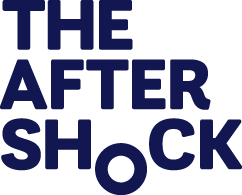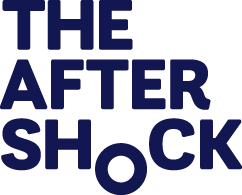The inspiration behind The Aftershock
In December 2014, Teresa Neate was diagnosed with medullary cancer of the thyroid, a rare form of thyroid cancer that had spread to her spine. Prior to this diagnosis, Teresa had been experiencing severe sciatic nerve pain.
Medullary cancer of the thyroid is a rare and aggressive cancer, but thanks to recent advancements in medicine, a new pill treatment was available. Teresa started the minimally invasive treatment and responded well. By the New Year, she was able to return to work part-time. However, in July 2015, Teresa experienced sudden paralysis, losing feeling and movement in her legs. She was rushed to St. Vincent's Hospital, where emergency surgery on her spine was performed, followed by a second surgery to remove the entire vertebral body and replace it with a titanium cage.
After 10 weeks of intensive rehabilitation, Teresa made a miraculous recovery, learning to walk again and returning home. Unfortunately, in April 2016, the tumor on her spine returned, leading to another emergency surgery. Teresa fought bravely, but sadly passed away on September 19th, 2016.
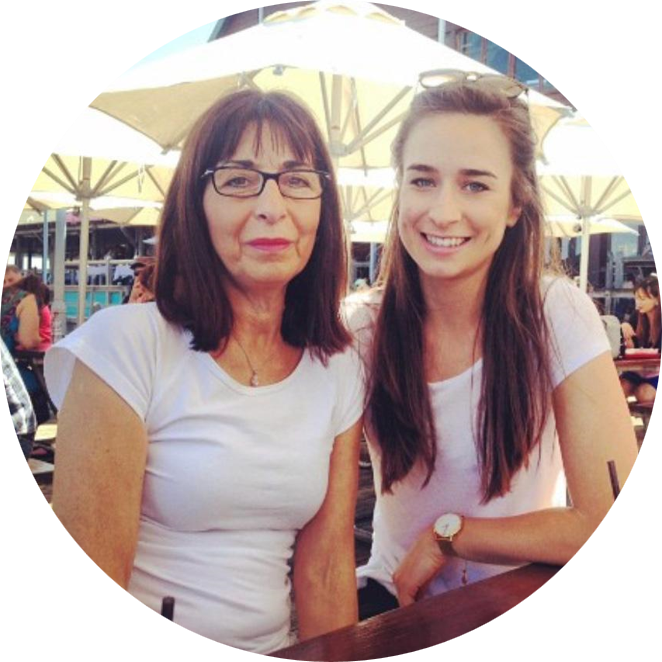
No patient should be disadvantaged based on their cancer type
Through Teresa’s journey, her daughter, Suz, was exposed to the great divide between well-known and lesser-known cancers. Cancers like breast or lung cancer have received substantial funding and research, and that is reflected in significant improvements in survival rates and quality of life.
Rarer cancers — like those Teresa battled — receive far less attention and resources. Also known as high mortality rate cancers, these often have very low five-year survival rates, ranging from just 7-30%. Despite their severity, funds for research remain scarce.
These survival rates struck Suz deeply, fueling her desire to make a difference. She was determined to improve the five-year survival rates of 16 high mortality rate cancers, and ensure that more people like her mother don't lose their battle too soon due to the lack of progress in treatment and care.
And so, The Aftershock was born.
While 1 in 3 cancer diagnoses in Australia are rare or less common, they contribute to over half of all cancer deaths.
A cancer diagnosis is far-reaching
The Aftershock represents the ripple effect of a cancer diagnosis. The devastation of a diagnosis is felt not only by the patient but spreads to their family, friends, and even the wider community. We’re passionate about having deeper conversations about the ongoing aftershocks felt throughout the journey: from diagnosis, to treatment, surgery, remission, recovery, and tragically, sometimes death.
We are committed to amplifying the voices of those affected by high-mortality rate cancers and raising awareness for a cause that has long been overlooked. Together, we can ensure that no one else has to face these devastating aftershocks alone.
